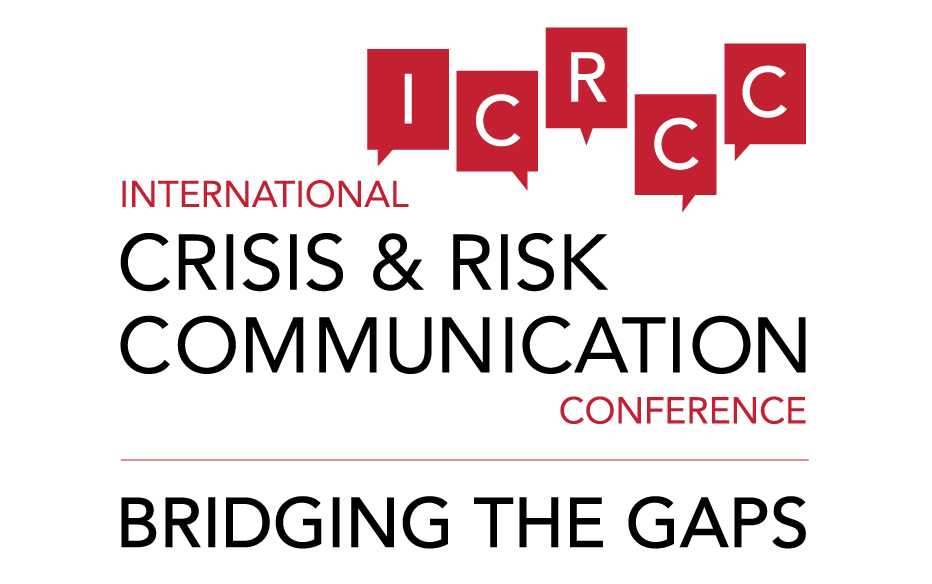Director, Risk Communication & Resilience Research Program
National Consortium for the Study of Terrorism and Responses to Terrorism (START), University of Maryland
United States
Brooke Fisher Liu, Ph.D. is an associate professor of communication at the University of Maryland specializing in risk/crisis communication and public relations. Her research investigates how effective risk and crisis communication can optimally prepare the public to respond to and recover from disasters. In recent years, her research has focused on the potentially unique roles that governments’ social and mobile media can play in building community resilience.
At Maryland, Dr. Liu co-directs the Ph.D. program in communication. In 2012, she launched the Risk Communication & Resilience Program at the National Consortium for the Study of Terrorism and Responses to Terrorism (START), a Department of Homeland Security (DHS) Center of Excellence.
Dr. Liu obtained her Ph.D. in mass communication from the University of North Carolina-Chapel Hill in 2006. She is the author/co-author of 31 peer-reviewed articles (and seven book chapters), which have been published in leading communication journals such as Communication Research, Communication Theory, the Journal of Applied Communication Research, and the Journal of Public Relations Research. Since 2011, Dr. Liu has obtained more than $7.9 million in federal government funding for projects that expand understanding of how the public responds to risk and crisis communication.
Dr. Liu serves on the editorial boards of Communication Quarterly, the Journal of Applied Communication Research, the Journal of Public Relations Research, and Public Relations Review. She also serves on the Food and Drug Administration’s Risk Communication Advisory Committee.
Communicating crisis and risk messages that motivate resilience
Members of the public expect that their governments will protect them from risks and crises, including telling them what to do in the face of a threat. Social and mobile media have provided new opportunities for governments to communicate, and proactively involve the public in risk mitigation. Yet, these technologies come with unique challenges such as message length constraints and increased message tailoring expectations. Researchers are just beginning to provide science-based recommendations to meet these new challenges. At the same time, people around the world increasingly use social and mobile media, but research is also just revealing how these daily information routines may not necessarily translate into productive social and mobile media use in disaster contexts. In this presentation, Dr. Liu will discuss recent government-funded research highlights on effectively communicating crisis and risk messages that motivate community resilience. In doing so, she will provide some best practices for bridging gaps that often exist between academic researchers and government policy makers, emergency managers, and risk/crisis communicators.


